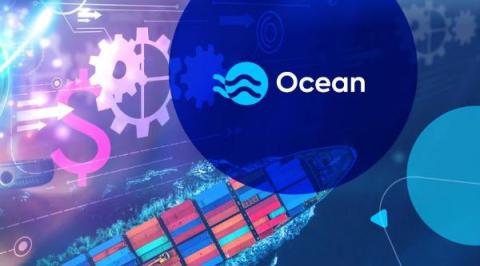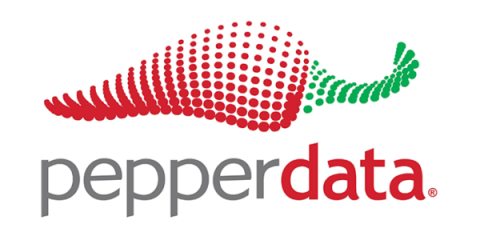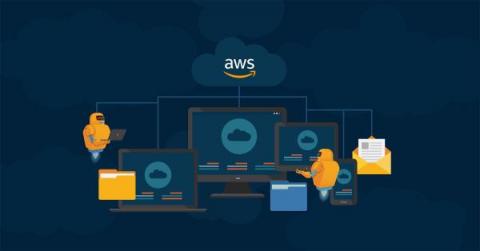Ocean evolves - "revert to lower-cost node" shrinks spend
Ocean automates cloud infrastructure for containers. It continuously analyzes how your containers are using infrastructure, automatically scaling compute resources to maximize utilization without sacrificing availability. Ocean shuffles workloads and then scales down underutilized nodes to ensure everything runs at the lowest cost.











